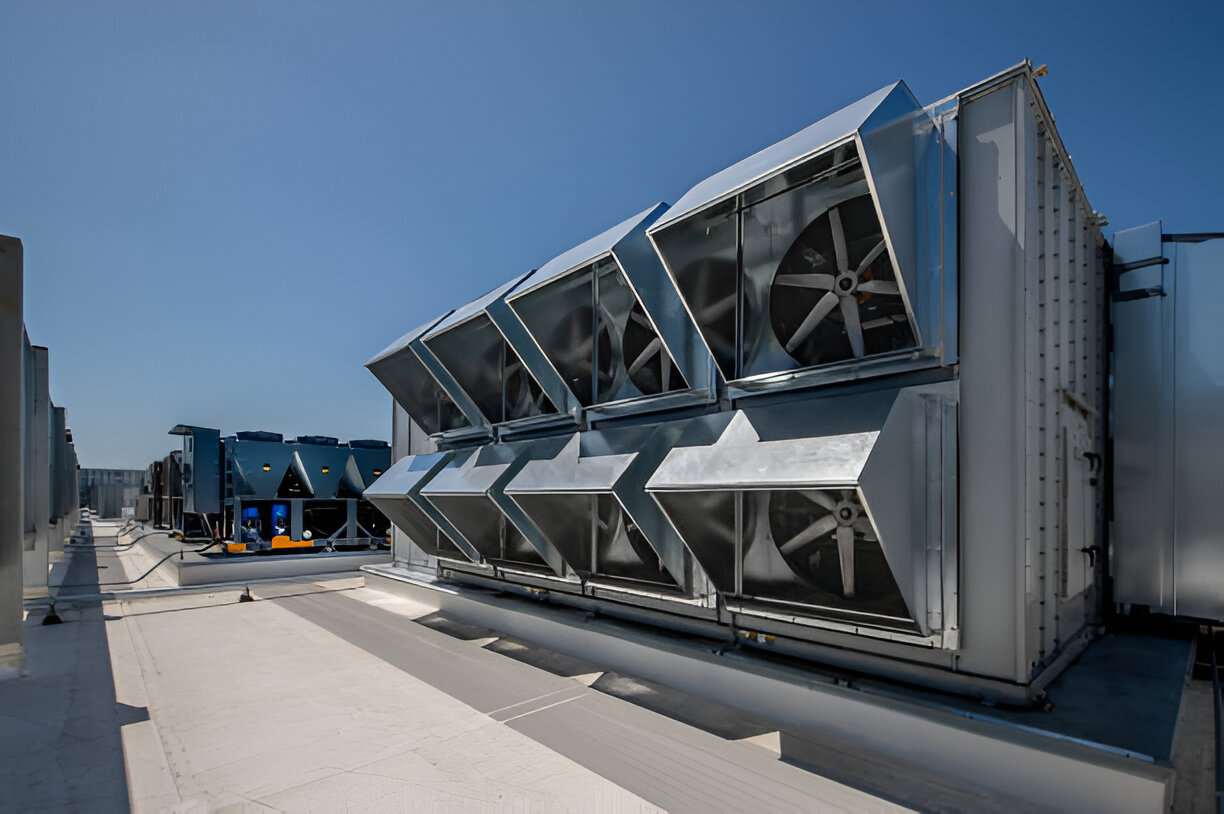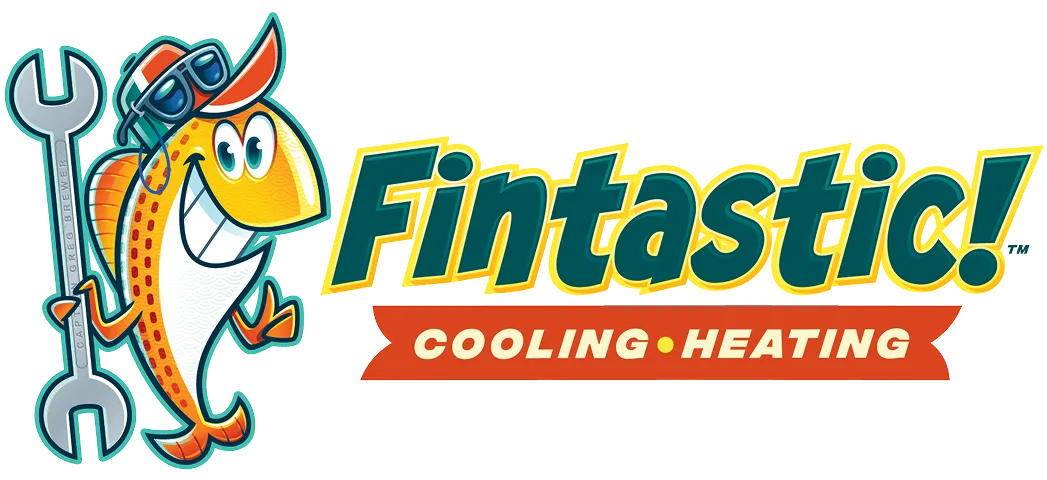Emergency HVAC Services in Liverpool, TX
Emergency HVAC Services in Liverpool, TX
When your heating or cooling system fails unexpectedly, you need a dependable, expert response that minimizes discomfort, protects your property, and addresses safety risks immediately. Emergency HVAC Services in Liverpool, TX provide 24/7 emergency HVAC response with trained technicians, rapid-dispatch protocols, and on-site diagnostics designed for the specific climate and challenges of the Liverpool area. Whether you face a total system failure in the middle of a heat wave, no heat during a sudden cold snap, or a safety concern like a refrigerant leak or carbon monoxide risk, an organized emergency response reduces downtime and prevents long-term damage.

Common emergency scenarios in Liverpool, TX
Homes and businesses in Liverpool experience conditions that make certain HVAC issues more likely. Recognizing common emergencies helps prioritize response and temporary fixes.
- Total system failures during extreme heat: High humidity and prolonged summer heat place heavy loads on air conditioners, increasing the risk of compressor failure, tripped electrical components, and refrigerant-related breakdowns.
- No cooling or no heat: Sudden loss of cooling in summer or loss of heat in a rare cold spell are urgent comfort and safety concerns, especially for vulnerable occupants.
- Safety concerns: Gas furnace malfunctions, blocked flues, strong gas or refrigerant odors, and suspected carbon monoxide exposure require immediate attention and safe shutdown procedures.
- Electrical failures and power surges: Storms or utility issues can cause breakers to trip, control board damage, or unsafe wiring conditions.
- Refrigerant leaks and coolant system faults: Low refrigerant reduces cooling, can harm components, and may present health or environmental hazards.
- Indoor air quality and mold risk: Extended system downtime during humid conditions can lead to moisture buildup, promoting mold growth in ducts or air handlers.
Rapid-dispatch protocols and response expectations
Emergency HVAC services follow structured rapid-dispatch protocols to get help to you fast and effectively.
- Emergency intake and triage: A brief, focused intake captures symptoms, equipment type, any safety risks (odor, gas, medical vulnerability), and access information to prioritize the call.
- Priority scheduling: After triage, calls are categorized by severity (safety risk, loss of service for vulnerable occupants, total failure) and assigned to the nearest available 24/7 technician.
- GPS-enabled dispatch and pre-staged trucks: Technicians operate from fully stocked trucks with common parts and tools to reduce repeat trips and speed repairs.
- Typical arrival windows: Emergency teams aim to reach most Liverpool locations rapidly; exact arrival times can depend on time of day and weather conditions such as coastal storms.
- Continuous communication: Technicians provide status updates, safety instructions, and an initial assessment on arrival so you understand immediate steps.
On-site diagnostics and temporary remediation
Quick, accurate diagnostics limit unnecessary repairs and provide immediate relief while a long-term solution is arranged.
- Initial safety check: Technicians verify ventilation, combustion safety, detect gas or refrigerant odors, and ensure electrical systems are safe before further work.
- System status and controls: Simple checks include thermostat operation, breaker/fuse status, filter condition, and visible damage to exterior units or condensate drains.
- Targeted functional tests: Technicians measure airflow, listen for abnormal noises, and use basic electrical and refrigerant gauges to identify likely faults.
- Temporary remediation steps commonly performed:
- Resetting breakers and control systems to restore operation when safe
- Clearing condensate drains or replacing clogged air filters to restore airflow
- Isolating and safely shutting down equipment presenting a combustion or refrigerant hazard
- Installing temporary cooling or heating measures when immediate replacement is required
- Safe handoff: If work is incomplete, technicians leave clear safety notes and next-step recommendations so occupants can avoid hazards until repairs are completed.
Typical emergency pricing structures and flat-rate options
Emergency work differs from scheduled service; understanding common pricing structures helps set expectations without specific dollar amounts.
- After-hours and emergency call fees: Emergency responses typically include an urgency fee applied to cover 24/7 staffing and priority dispatch.
- Diagnostic fee plus repair: Many services assess a diagnostic or trip fee for emergency visits, with that fee often applied toward the repair if work proceeds.
- Flat-rate options for common emergency repairs: To provide transparency, flat-rate pricing is commonly used for predictable emergency tasks (such as capacitor replacement, control board swap, or condensate line cleaning) so you know the scope before work begins.
- Estimates and approval: Technicians provide a clear, written estimate for emergency repairs and explain the difference between temporary remediation and a recommended permanent fix.
- Parts availability considerations: If a required replacement part is not on the truck, technicians will outline interim options and timeline for completing the repair once the correct part is obtained.
Technician qualifications and safety standards
Emergency HVAC technicians adhere to industry standards to protect people and property and to ensure repairs are performed correctly.
- Certified and licensed technicians: Emergency responders are typically licensed for HVAC work and hold certifications relevant to refrigerant handling and combustion safety.
- Ongoing training: Technicians receive recurrent training on newer HVAC technologies, gas safety, carbon monoxide testing, and refrigeration regulations that matter in humid, coastal regions like Liverpool.
- Personal protective equipment and safe work practices: Teams follow established safety protocols during storm-related restorations or when dealing with hazardous conditions.
- Documentation and compliance: After emergency service, technicians document findings, safety measures taken, and recommended next steps to support any future service or warranty needs.
How to prepare and request urgent service
When an HVAC emergency occurs, certain preparatory steps streamline the response and improve outcomes.
- Note system details: Have the make, model, and age of the unit available along with recent service history if possible.
- Identify symptoms and risks: Be ready to describe noises, odors, whether the unit is blowing air, or if occupants feel shortness of breath—safety details change prioritization.
- Ensure safe access: Clear a path to outdoor condensers, indoor air handlers, and utility shutoffs so technicians can start work immediately.
- Follow immediate safety guidance: If you detect a strong gas smell, evacuate the affected area and ventilate if safe to do so. Avoid attempting refrigerant repairs or electrical work yourself.
- Expect a short triage call: Emergency dispatch will confirm details and provide an estimated arrival window based on severity and local conditions.
Benefits of timely emergency HVAC response and maintenance advice
Prompt emergency service in Liverpool, TX restores comfort quickly, prevents secondary damage (like mold from high humidity), and reduces the risk of safety hazards. After emergency repairs, consider a return visit for a full diagnostic and preventive maintenance to extend equipment life and reduce the chance of repeat emergencies—especially important in Liverpool’s humid, coastal environment where corrosion and heavy seasonal loads are common.
This information outlines what to expect from professional Emergency HVAC Services in Liverpool, TX: rapid, safety-first response; targeted diagnostics and temporary remediation; transparent emergency pricing structures and flat-rate options; and technicians qualified to handle urgent, potentially hazardous HVAC failures.
Customer Testimonials
Our customers praise our exceptional service and attention to detail, consistently exceeding expectations.































































